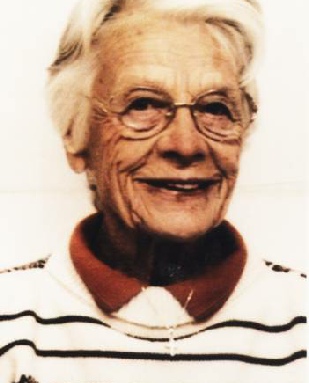Stalin was not an easy partner of the Allies, Churchill didn’t trust him, the Americans didn’t understand him. During his hold on Eastern Europe he had been able to install communists from East Berlin to Vladivostok and from Estonia to Bulgaria, a vast area of Europe that formed a communistic block in Europe that would not be good for Christians in that huge area and nothing and certainly not the church could interfere. Christians were not allowed to take any part in the governing of these states, Churches again were closed or pulled down and administration was in the hands of atheists. Albania was the first Atheist state in the world, and any religion of any kind apart from the state had to go underground once again, with the fear of brutal treatment if caught.
This communistic doctrine had made its way into China as early as the twenties after the Russian Revolution so the Chinese were used to this kind of persecution but our missionaries found it very difficult to do their work and many came home when the madness of Mao’s Cultural Revolution took place and gangs of teenage hooligans were encouraged to smash up Temples and Churches and make trouble for any who did not agree with Mao and his “Little Red Book”.
Missionaries also went out to Africa and India and where the natives were not too hostile to them and liked to learn about Christianity. Many became Christians and much headway was made in teaching them in school a better way of life, so Christianity has certainly taken root in these states over the years.
Time went by and gradually the war and its terrors in England receded from one’s memory. For us in the West, rebuilding went on apace as bomb craters were filled in. Churches were repaired or rebuilt, congregations returned to the pews and church bells rang out again calling people to prayer, but somehow it was not quite the same. There were less men and more women in church, and so women found they could now take a fuller part in their church, they sung in the choir, could play the organ or piano, they could tidy the church after the service, a small team would clean the church and became known as the “Holy Dusters”, arrange flowers etc. and so they became very necessary when we were so short of men. The verger seems to have disappeared in many churches. All this we now take for granted but it has taken the Anglo-Catholic Church many years to emerge from its masculine stronghold.
The end of Hostilities
The war came to an end in Europe in June 1944, but still continued in the East against the Japanese, and many of our British and American soldiers were caught up in this war so it was difficult for us to believe that peace had come to these islands. Men started to come back from war torn Europe. Rationing of food, petrol, clothing, and luxury goods were still scarce but now America could help us with her trade. There was now no need for the Blackout and the lights came on again. What a relief that was. News from the east was little and usually bad but eventually the fighting was ended by the dropping of an A Bomb on two of the Japanese Islands after which the enemy capitulated and the dreadful killing was over. Many said, “The peace would be worse than the war”, which I think was quite right for many as fighting still continued in many countries and is still going on.
Now Berlin was divided into three parts, Britain responsible for the West, Americans were in the South but Stalin kept a firm grip on the Eastern part of Europe where he had planted the seeds of communism which had taken root. He refused the Allies access to help feed the people in Berlin and an airlift of necessities had to be dropped there to the starving population by air which had to be continued for some months.






